Contents
Guide

Shades of Sovereignty
Shades of Sovereignty
Money and the Making of the State
Paul Wilson
ROWMAN & LITTLEFIELD
Lanham Boulder New York London
Published by Rowman & Littlefield
An imprint of The Rowman & Littlefield Publishing Group, Inc.
4501 Forbes Boulevard, Suite 200, Lanham, Maryland 20706
www.rowman.com
6 Tinworth Street, London SE11 5AL, United Kingdom
Copyright 2021 by The Rowman & Littlefield Publishing Group, Inc.
All rights reserved . No part of this book may be reproduced in any form or by any electronic or mechanical means, including information storage and retrieval systems, without written permission from the publisher, except by a reviewer who may quote passages in a review.
British Library Cataloguing in Publication Information Available
Library of Congress Cataloging-in-Publication Data
Names: Wilson, P. A. (Paul Anthony) author.
Title: Shades of sovereignty : money and the making of the state / Paul Wilson.
Description: Lanham : Rowman & Littlefield, 2021. | Includes
bibliographical references and index.
Identifiers: LCCN 2021011186 (print) | LCCN 2021011187 (ebook) |
ISBN 9781538154014 (cloth) | ISBN 9781538154021 (epub)
Subjects: LCSH: Money. | Currency question. | Monetary policy. |
International finance--Law and legislation. | Monetary unions.
| State, The.
Classification: LCC HG221 .W775 2021 (print) | LCC HG221 (ebook)
| DDC 332.4--dc23
LC record available at https://lccn.loc.gov/2021011186
LC ebook record available at https://lccn.loc.gov/2021011187
 The paper used in this publication meets the minimum requirements of American National Standard for Information SciencesPermanence of Paper for Printed Library Materials, ANSI/NISO Z39.48-1992.
The paper used in this publication meets the minimum requirements of American National Standard for Information SciencesPermanence of Paper for Printed Library Materials, ANSI/NISO Z39.48-1992.
In memory of my parents
John and Anne Wilson
The author wishes to thank Robert Pringle and Professor Paola Subacchi who, having read the typescript in full, made a number of corrections and suggestions, most of which have been incorporated in one form or another into this final version of the book. They have saved the unsuspecting author from traps of inconsistency and errors of omission. Any remaining errors will of course be entirely the responsibility of the author.
I am grateful to Norman Lamont (Lord Lamont of Lerwick) for his commentary on the events of September 1992 and sterlings exit from the Exchange Rate Mechanism.
Thanks are also due to Professor Forrest Capie and John Plender for their repeated and generous encouragement toward a rank amateur.
Both Jonathan Callaway, director of the International Banknote Society, and Pam West, president of the same society, have been helpful in sharing their expert knowledge and kindly offering assistance.
And last, but certainly not least, I remain ever grateful to Leslie Gardner of Artellus, who continues to promote my books, perhaps out of a sense of adventure, or curiosity, or sympathy. Who knows? But it is appreciated.
Arbitrage
The international trade in currencyparticularly speciewhere bullion values in one country would differ from those in another country. Silver or gold coins might be shipped to a country where the bullion is more valuable and melted down to be reused at a profit.
Bimetallic System
The unit of currency is fixed to a specific weight of gold and to a specific weight of silver. This kind of arrangement could be particularly vulnerable to shifts in the relative value of silver and gold in the marketplace.
Currency Adoption (Dollarization)
A country may adopt the currency of another country with or without that countrys agreement. In recent years this step has usually been taken by countries suffering extreme monetary instabilityperhaps in the form of hyperinflation.
Currency Board
A currency board is an arrangement whereby a central monetary institution issuing national notes and coins chooses to fix its own currency to another anchor currency at a set exchange rate, forgoing its discretion to influence exchange rates and surrendering the competitiveness of its own currency to the policies of another country for the sake of stability.
The anchor currency is recognized as a more stable currency, and fixing the exchange rate to the anchor will serve to stabilize the more unstable currency. The rate of exchange between the local and the reserve currency will be written into the constitution of the currency board to ensure there is no deviation. And, to guarantee the integrity of this arrangement, the currency board concerned can issue its own currency only at a rate for which it has adequate cover in the anchor currency. That is to say, for every one unit of its own currency, it would be able to exchange a fixed number of units or fractions of units of the anchor currency. Reserves of the anchor currency should amount to 100 percent (or even more) of the value of the national currency issued.
To guarantee adherence to the fixed exchange rate, it should be fixed by law, and any alterations to the exchange rate would likewise require a change to the law.
Exchange Rate
Fixed exchange rate: In the strictest sense, the exchange rate of one currency to another is set for the long term and may be established in legislation or in the constitution of, for instance, a currency board.
Floating exchange rate: No attempt is made to peg or fix the currency to another reserve currency.
Pegged exchange rate: A situation where the exchange rate of one currency to another is set but perhaps only for a shorter period than is the case in a fixed exchange rate and may deviate within set limits from the original rate
Free Banking
Commercial banks are permitted to issue their own banknotes without restraint.
Free Minting
An arrangement whereby members of the public could deliver silver or gold in any form to a mint and have it minted into coin.
Gold Exchange Standard
Central banks could hold as reserves banknotes that were themselves convertible to (or exchangeable for) gold. Under the Bretton woods agreement, currencies were fixed to the US dollar.
Gold Standard
In the strictest sense, management of a currency system where a unit of the national currency is fixed to a set weight of gold and is convertible freely to that gold.
Inflation
Extreme inflation: At least 15 percent per month.
Hyperinflation: Increases in the Consumer Price Index of at least 50 percent per month for at least three consecutive months.
Legal Tender
A legal term defining the type of currency that is acceptable in settlement of debts within a given country. As described by the Bank of England:
Legal tender has a narrow technical meaning which has no use in everyday life. It means that if you offer to fully pay off a debt to someone in legal tender, they cant sue you for failing to repay.
The concept of legal tender only really comes into action in a court of law.Moral Hazard
The temptation to act imprudently, taking risks in the knowledge that the consequences will be covered by insurance or by a government bailout.
Seigniorage
The profit made by government or a central bank on the issue of currency. This profit used to be based on the difference between the cost of production of currency and its nominal value. In modern economies, seigniorage is created when money, issued by the central monetary authority, is used to purchase government debt and other bonds. The seigniorage is now based on the yield (interest) on that debt paid by the government to the central bank.

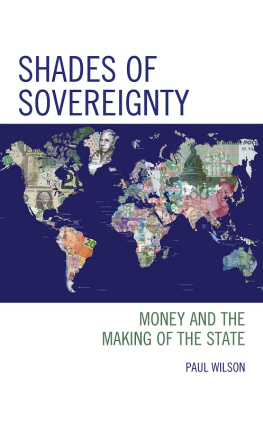



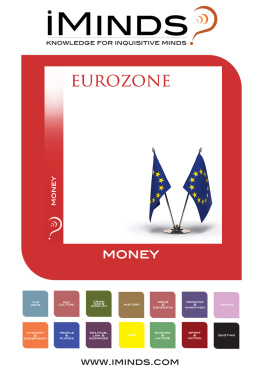
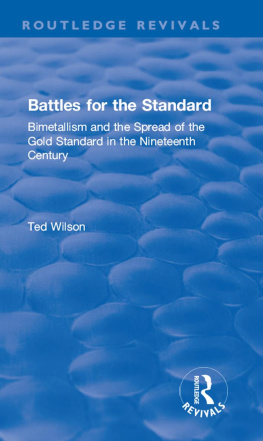
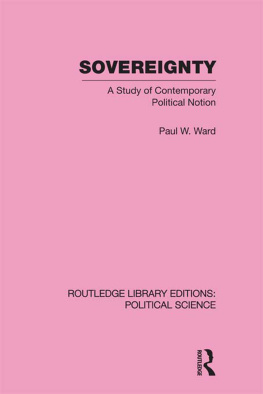
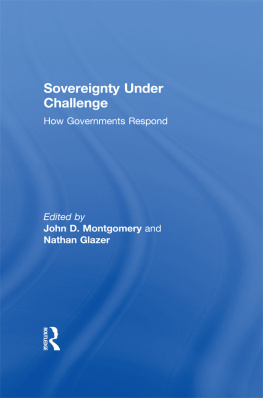
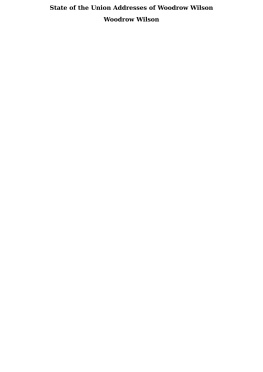
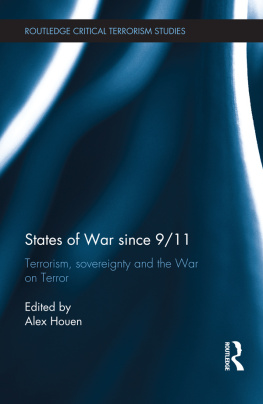
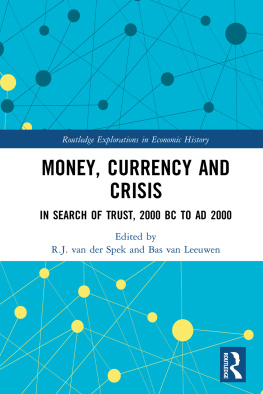
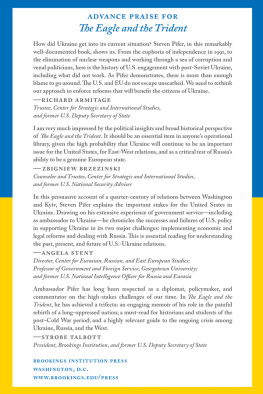
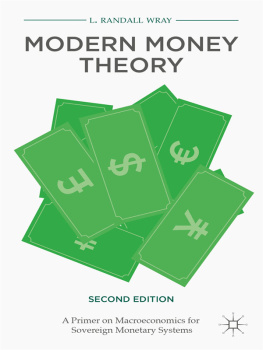
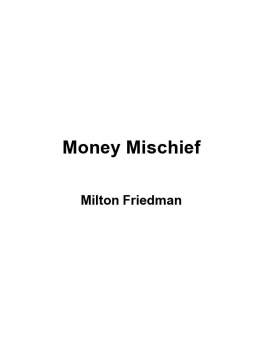

 The paper used in this publication meets the minimum requirements of American National Standard for Information SciencesPermanence of Paper for Printed Library Materials, ANSI/NISO Z39.48-1992.
The paper used in this publication meets the minimum requirements of American National Standard for Information SciencesPermanence of Paper for Printed Library Materials, ANSI/NISO Z39.48-1992.